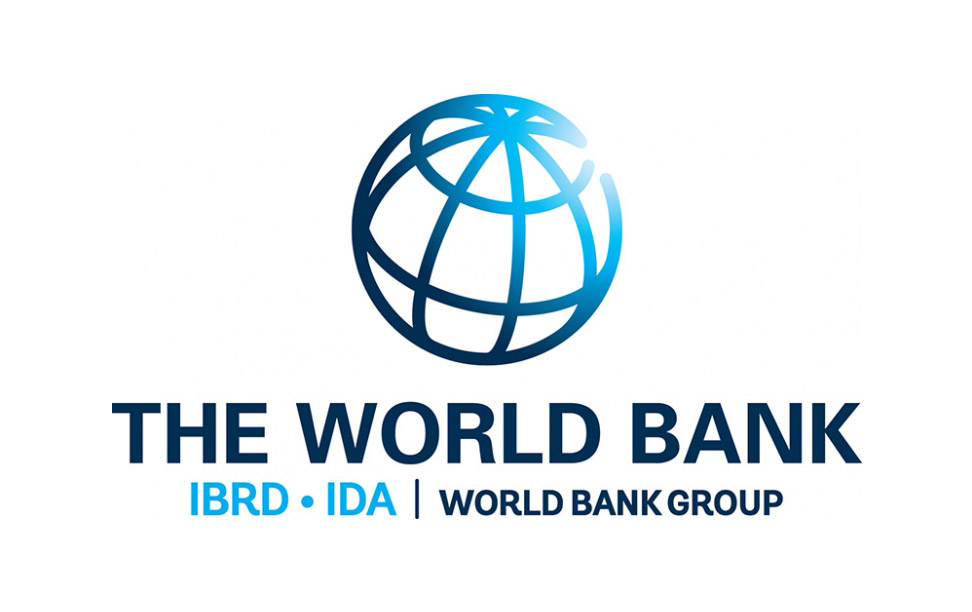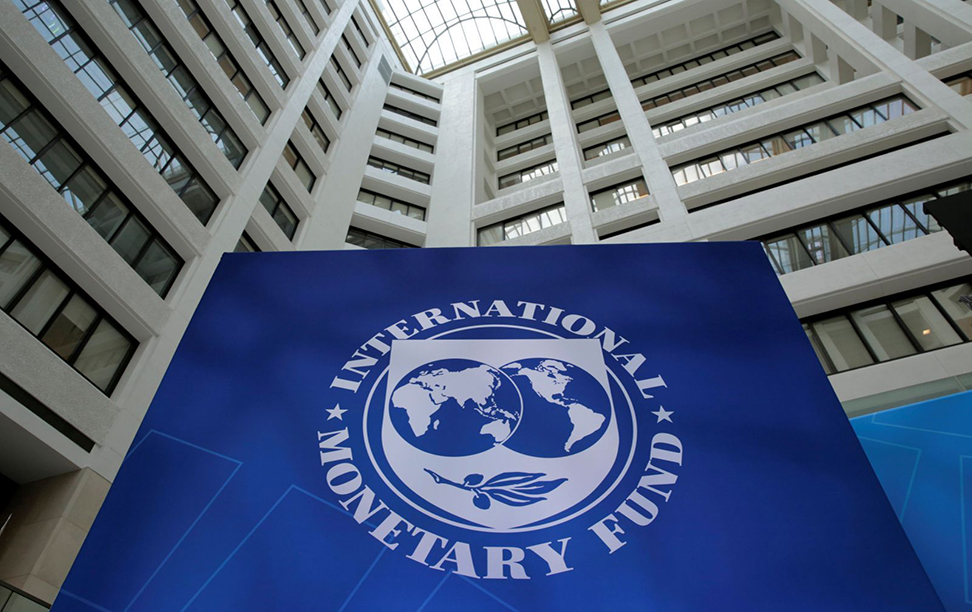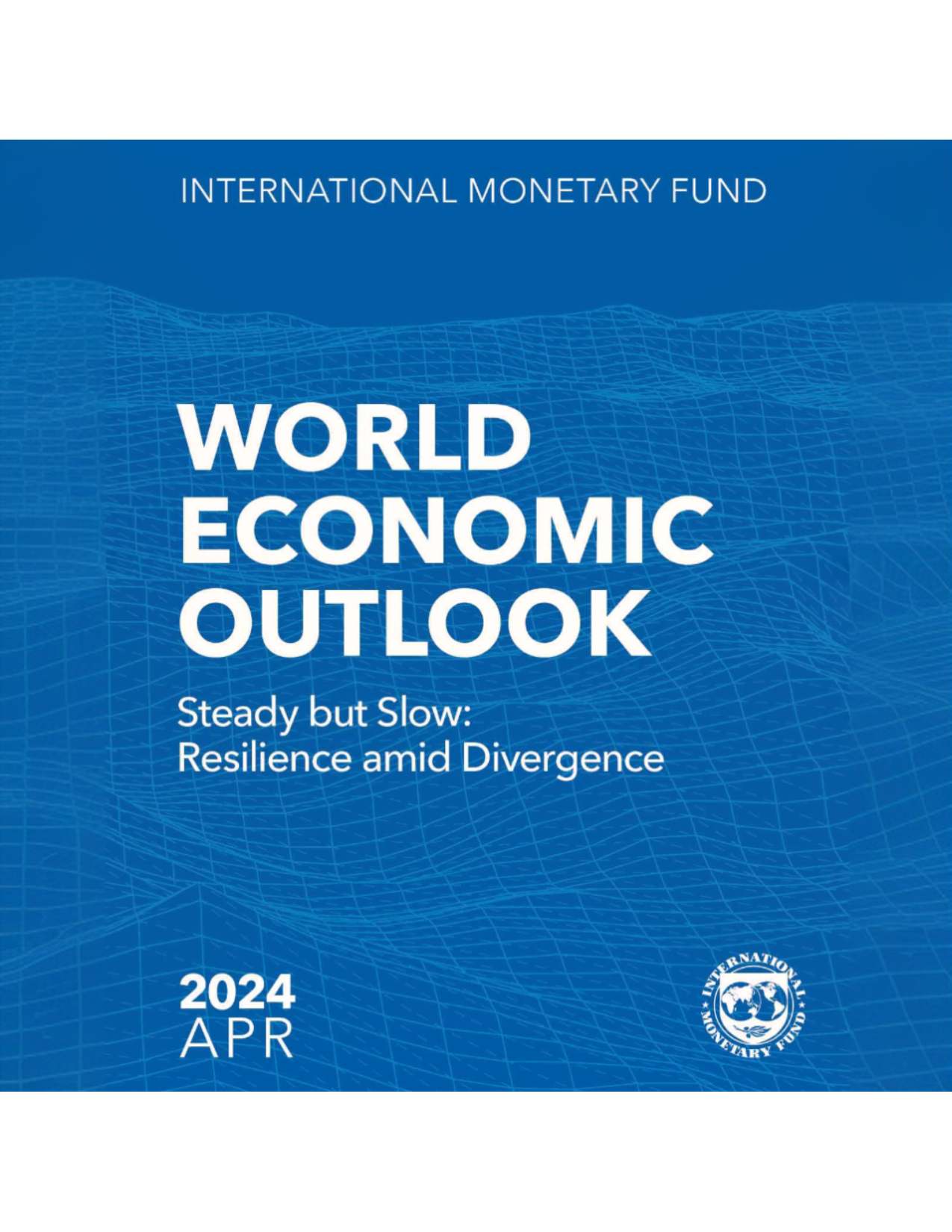China will remain Pakistan’s leading economic partner in 2018-22 under the CPEC umbrella. The bulk of the funding under this project will continue to be allocated to the energy and transport infrastructure projects through this period, says a news report from the Economist Intelligence Unit (EIU).
Even though public sentiment within Pakistan remains favorable towards China, the terms of financing regarding CPEC related investments are going to come off as occasional points of contention. Such disagreements, however, will not fundamentally threaten the strengthening of bilateral cooperation that the two countries have been working towards.
The EIU report however is not as optimistic regarding the state of economic growth in Pakistan. “Looming balance-of-payments crisis is likely to have a dampening effect on economic growth,” the report said.
As a result, the newly elected government will be likely to introduce much tighter controls on imports of the country during the second half of 2018.
Restrictions will, among other things, curb investment growth in the fiscal years 2018-19 and 2019-2020, as importing goods into the country become harder. On the bright side, some of these negative outcomes will be offset by the positive impact on exports of the country as the effects of the country’s steep currency depreciation come to be seen.
The recent rupee devaluation, a manifestation of the persistent exchange-rate weakness that the country has been grappling with, is going to fan inflationary pressures. In addition to that, inflation is going to rise further in the second half of 2018, owing to the increase in global crude oil prices and consumer prices would average 5% during the remainder of the year 2018.
On affairs of state run companies within Pakistan, the EIU report claims that a strong opposition in the new government could leading to slower progress on the privatization front, and the process is likely to remain fraught with political complications.
Many state run units are over staffed and any successful restructuring attempt would have to involve severe job losses in the future. Privatization agenda will, nevertheless, remain a key priority for the PML (N) government if it is re-elected, says the report.
22264







